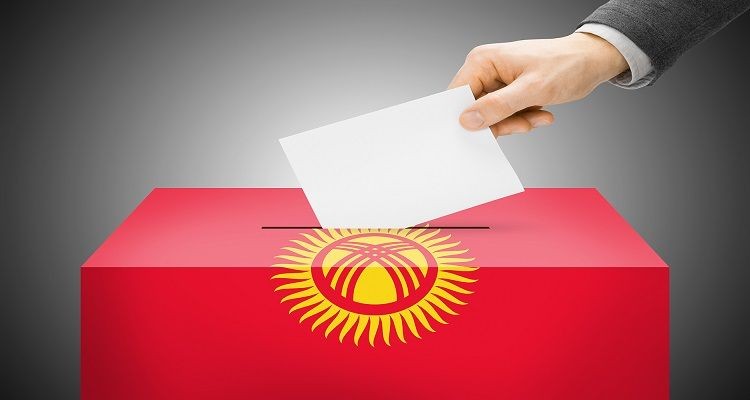Analysis of electoral disputes in the Kyrgyz Republic

BISHKEK, August 16, 2021 - The Common Cause Public Foundation, in the framework of the "Citizens Follow Election Disputes" project, conducted an analysis of electoral disputes in the Kyrgyz Republic, which includes electoral disputes during the presidential elections of the Kyrgyz Republic in 2017, elections of deputies to the JogorkuKenesh of the Kyrgyz Republic in 2020 and early presidential elections of the Kyrgyz Republic in 2021.
During the period of preparation and conduct of the presidential elections of the
Among them:
- On the actions of candidates for President of the Kyrgyz Republic-69
- On the actions of the media – 15
- On actions, decisions of an election comission -9
- On the actions of officials of executive authorities and LSG - 5
- Appeals requiring information clarification – 5
It should be noted that compared to the analyzed electoral processes, there were the greatest number of complaints against the media (15 complaints) with demands to revoke accreditation or provide a refutation, remove the material posted about the candidate.
According to the Registry of Complaints posted on the official website of the Central Election Commission, 163 complaints and appeals were received during the organization and conduct of the elections of deputies of the JK of the KR in 2020. According to the registry of court decisions of the Central Election Commission, during the preparation and conduct of elections of deputies to Jogorku Kenesh of the
During the preparation and conduct of early presidential elections of the
The analysis of electoral disputes of three election campaigns at the national level given in this publication shows that the most frequent causes of electoral disputes in the
- Conflicts and gaps in legislation
- Lack of clear norms and rules regulating to which bodies and with what kind of complaints and applications the electoral subjects can address
- Lack of unified practice of enforcing liability for violations of electoral legislation
- Weak training of candidates, political parties, their representatives and other participants in the electoral process and their insufficient knowledge of the electoral legislation
- Insufficiently high level of legal culture of electoral subjects
- Political confrontation, struggle between candidates and political parties
- Low level of legal consciousness of voters.
Despite all the measures taken, the problem of conflicts and gaps in the electoral legislation has been and remains one of the causes of many electoral disputes.
Analysis of complaints received on election day and thereafter shows that a significant number of complainants were poorly informed about election day procedures and often lodged complaints and petitions in cases that should not, in fact, have caused disputes.
In this regard, work related to the training of not only election commissions, candidates and political parties, but also the voters themselves on the norms of electoral legislation becomes particularly relevant, in order to prevent a significant number of electoral disputes. The same work should be carried out with civil society organizations, the media, and public observers.
Purposeful activity of the state, electoral subjects to prevent electoral disputes, reducing their number, eliminating the practice of their unscrupulous initiation not only contributes to the positive development of democratic institutions, public confidence in the elected bodies, but also avoids mass clashes, protest movements and revolutions.









